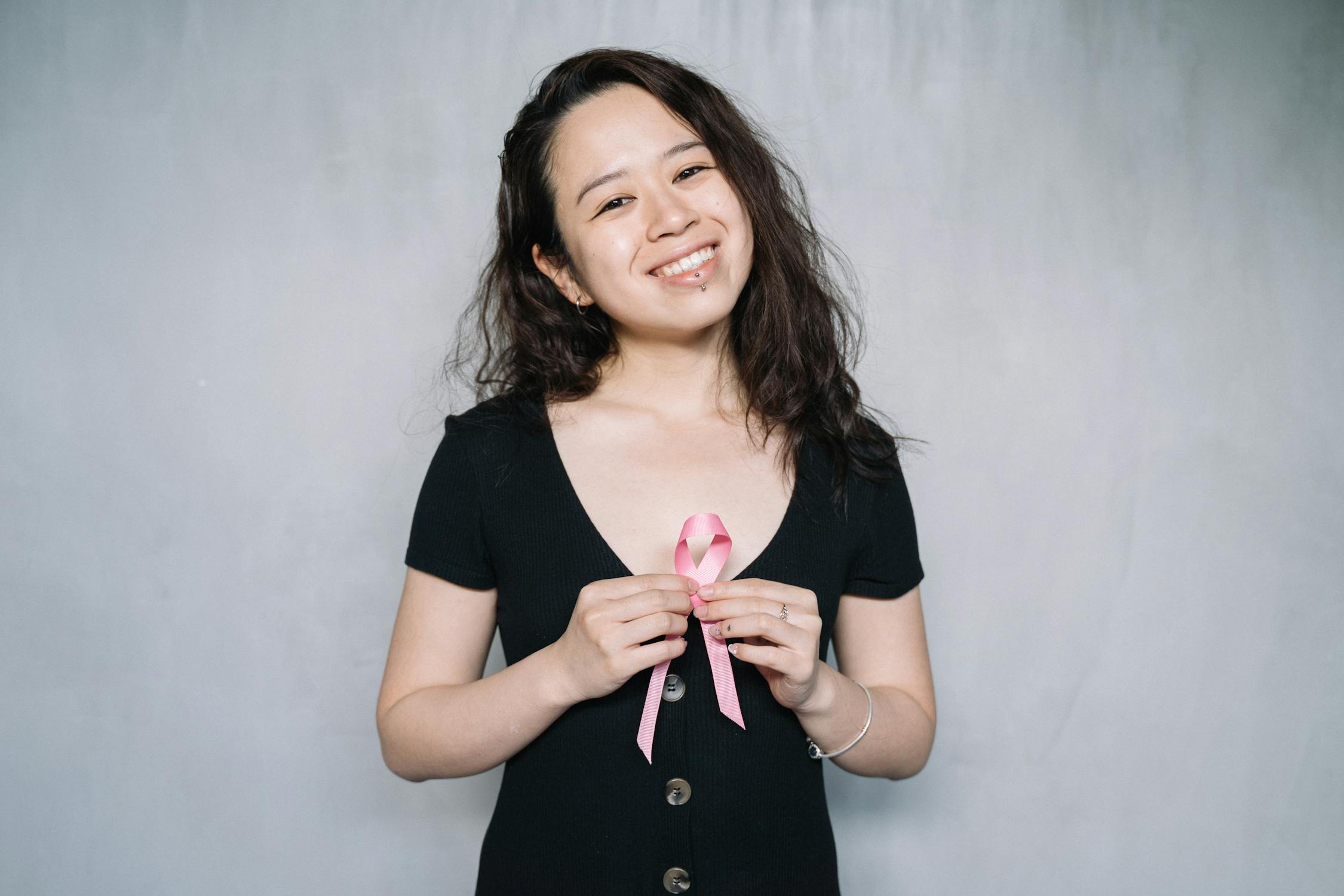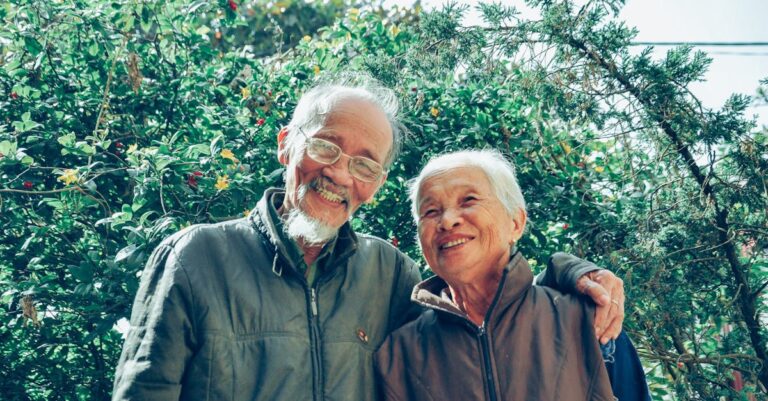
Facing cancer changes your life in ways you never expected. Beyond the physical challenges, it can leave lasting marks on your self-esteem and self-worth. You might find yourself questioning your identity, your body, or even your value in the world. These feelings are more common than you think, and they don’t define your strength or resilience.
Rebuilding your confidence after cancer is a journey, not a destination. It’s about rediscovering who you are and embracing the new version of yourself. Whether you’re struggling with scars, fatigue, or emotional hurdles, know that you’re not alone. With time, patience, and the right tools, you can reclaim your sense of self and thrive in ways you never imagined.
Key Takeaways
- Cancer can significantly impact self-esteem and self-worth, bringing physical, emotional, and psychological challenges.
- Rebuilding confidence after cancer is a journey that involves self-compassion, setting achievable goals, and embracing your new identity.
- Addressing body image changes through affirmations, therapy, or support groups can help improve self-acceptance.
- Emotional healing benefits from mindfulness, therapy, and connecting with survivor communities for mutual support and encouragement.
- Professional counseling aids in managing anxiety, fear, and insecurity while fostering resilience and positive growth.
- Success stories of cancer survivors demonstrate the power of perseverance, highlighting how individuals rediscover purpose, strength, and a sense of belonging after treatment.
Understanding Self-Esteem And Self-Worth After Cancer
Cancer treatments and their aftermath often leave physical and emotional changes that can impact how you see yourself. Scars, hair loss, and shifts in physical abilities may lead to feelings of vulnerability or insecurity. Emotional struggles like anxiety and fear of recurrence can further challenge your sense of worth.
Self-esteem relates to how you view your abilities and achievements, while self-worth is about recognizing your inherent value as a person. After cancer, you might question both due to changes in appearance, energy levels, or roles in relationships and work. Acknowledging these feelings is the first step toward healing.
Rebuilding these aspects begins with self-compassion. Practice affirming your identity beyond physical attributes or societal roles. Surround yourself with loved ones and supportive networks that validate your journey. Engage in activities that align with your values and bring you joy, such as volunteering, creative hobbies, or mindfulness exercises. These actions reinforce your intrinsic worth, apart from external circumstances.
Psychological Impact Of Cancer On Self-Worth
Cancer profoundly affects how you perceive your self-worth. Both physical and emotional changes during and after treatment contribute significantly to these challenges.
Dealing With Body Image Changes
Body image shifts affect your confidence and self-acceptance. Visible changes like scars, hair loss, or weight fluctuations can challenge how you see yourself. Reconstructive surgeries, prosthetics, or cosmetic solutions might help if these changes create distress. For example, breast cancer survivors often explore options for mastectomy reconstruction. Embracing support from therapists or body-positive groups aids in rediscovering a sense of comfort with your new appearance.
Practicing self-affirmation daily strengthens resilience. Repeating affirmations like “I am more than my scars” focuses attention on internal qualities rather than external alterations. Small steps, such as choosing clothing that makes you feel good, reinforce confidence in your body.
Coping With Emotional Vulnerability
Emotional shifts, including anxiety or feelings of inadequacy, stem from the trauma of cancer. Fears of recurrence or feelings of helplessness often disrupt your sense of safety. Engaging in mindfulness practices or therapy can build emotional strength. Techniques like deep breathing, journaling, or meditation offer practical tools for managing overwhelming feelings.
Connecting with cancer survivors’ groups provides solidarity. Discussing shared experiences with others eases feelings of isolation and reinforces emotional recovery. Activities like volunteering or skill-building workshops shift focus to meaningful contributions, encouraging self-worth based on actions and interactions rather than circumstances.
Strategies To Rebuild Self-Esteem
Recovery after cancer involves more than physical healing. Rebuilding self-esteem requires intentional actions that foster confidence and self-worth.
Practicing Self-Compassion
Treat yourself with kindness and understanding during this period of change. Acknowledge the emotional and physical challenges you’ve faced without judgment. Speak to yourself using affirming language; instead of focusing on perceived flaws, recognize your resilience and strength. Use daily reminders like journaling positive affirmations or meditating to nurture self-acceptance.
Setting Achievable Goals
Establish realistic goals that align with your current abilities and energy levels. Start small, such as engaging in gentle physical activities or exploring hobbies that interest you. Celebrate progress without comparing it to past achievements. For example, completing a short walk or learning a simple skill can build confidence and momentum to pursue larger goals over time.
Building Support Networks
Surround yourself with individuals who provide encouragement and positivity. Join cancer survivor support groups to share experiences with those who understand your journey. Collaborate with friends, family, or therapists to build emotional resilience. Actively participating in community groups or workshops focused on wellness can help develop meaningful connections, strengthening your sense of belonging.
Role Of Therapy And Counseling
Therapy and counseling play a significant role in addressing the emotional and psychological challenges cancer survivors face. These interventions provide a structured environment for you to explore feelings, restore self-esteem, and rebuild a sense of self-worth.
Benefits Of Professional Guidance
Professional guidance offers tools to navigate the emotional toll of cancer and its aftermath. Therapists help you process feelings of grief, anxiety, or insecurity that may arise from body image changes or fear of recurrence. They also equip you with strategies to manage stress and build resilience in a safe, judgment-free space. According to the American Psychological Association, therapy improves emotional regulation through techniques like cognitive behavioral therapy, which can reframe negative thought patterns into constructive ones. Professional support enhances your capacity to view personal challenges as part of growth, not as defining limitations.
Group Therapy For Survivors
Group therapy creates a sense of connection and shared understanding among cancer survivors. Sharing experiences with others who’ve faced similar struggles reduces isolation and fosters a supportive community. In these sessions, you exchange coping strategies, validate emotions, and learn from collective experiences, strengthening emotional well-being. The Cancer Support Community underscores that participating in group therapy builds confidence and helps you rediscover a positive self-image through mutual encouragement and discussion. Structured group interactions also create opportunities to focus on shared goals, like celebrating resilience and embracing life post-treatment.
Success Stories And Personal Triumphs
Stories of individuals overcoming challenges after cancer can inspire and motivate. Real-life accounts highlight the resilience and determination that have helped many regain confidence and rediscover their self-worth.
- Reclaiming Passion Through Art
Some cancer survivors channel their experiences into creative outlets like painting, writing, or music. For example, one survivor used photography to document the beauty of everyday life after recovery, finding new purpose and confidence through their art. - Physical Feats That Redefine Strength
Many survivors set fitness goals to push beyond perceived limitations. A notable example includes a breast cancer survivor completing a marathon post-treatment, proving determination can overcome physical and emotional setbacks. - Career Comebacks And Pursuits
Returning to work or starting a new career is often a symbol of structural and emotional recovery. One individual, after beating leukemia, chose to start a coaching business focused on supporting others facing adversity. - Transforming Pain Into Advocacy
Survivors frequently advocate for cancer awareness or mental health. For instance, a survivor launched a nonprofit promoting body positivity, aiming to support those grappling with post-cancer physical changes. - Relationships Strengthened Through Adversity
The cancer journey often reshapes personal relationships. Some survivors share stories of strengthened bonds with family or making lifelong friendships through support groups, fostering a deeper sense of connection and belonging.
Each success showcases unique journeys of resilience, reflecting how identity and worth evolve after cancer. These triumphs remind you that it’s possible to overcome obstacles and thrive in ways you might not have imagined.
Conclusion
Your journey to rediscover self-esteem and self-worth after cancer is deeply personal and transformative. While the challenges may feel overwhelming at times, remember that healing is not about returning to who you were but embracing who you are now. Every step you take toward self-compassion, connection, and growth reinforces your strength and resilience.
You are more than your scars, fears, or doubts. By leaning on support systems, engaging in meaningful activities, and honoring your intrinsic value, you can rebuild a sense of confidence and purpose. Trust in your ability to thrive and redefine what it means to live fully and authentically after cancer.
Frequently Asked Questions
How does cancer impact self-esteem and identity?
Cancer can significantly affect self-esteem and identity due to physical and emotional changes. Scars, hair loss, and shifts in abilities can alter body image, while emotional challenges like anxiety and fear of recurrence may lead to feelings of vulnerability. Acknowledging these struggles and embracing a new self are key steps toward healing and self-acceptance.
What is the difference between self-esteem and self-worth?
Self-esteem is about how you view your abilities and achievements, while self-worth reflects your inherent value as a person. Both can be impacted by cancer, but rebuilding these involves practicing self-compassion and affirming your identity beyond physical attributes.
How can I rebuild confidence after cancer?
Rebuilding confidence involves setting small, achievable goals, practicing self-kindness, and surrounding yourself with supportive people. Engaging in activities that align with your values and seeking therapy or joining cancer survivor groups can strengthen resilience and promote healing.
What role does therapy play in recovering from cancer’s emotional impact?
Therapy provides tools to process grief, anxiety, and insecurity in a safe environment. Techniques like cognitive behavioral therapy and group therapy help survivors reframe negative thoughts, build emotional resilience, and connect with others facing similar experiences.
How can body image challenges after cancer be addressed?
Body image struggles can be managed through self-affirmations, joining body-positive groups, or exploring reconstructive surgeries or cosmetic solutions if desired. Practicing self-compassion and engaging in activities that promote body positivity also foster confidence and self-acceptance.
What activities can help rebuild self-worth after treatment?
Engaging in hobbies, volunteering, or pursuing creative outlets like art or writing can help focus on meaningful contributions. These activities reinforce self-worth by highlighting your actions and values instead of external circumstances.
How can connecting with others help during this journey?
Building a support network and joining cancer survivor groups provide emotional support, reduce isolation, and foster shared understanding. Talking with others who have faced similar challenges can encourage positivity and boost overall confidence.
Why is self-compassion important after cancer?
Self-compassion helps you embrace your journey without judgment. It encourages self-kindness, acceptance of your struggles, and recognition of your inner strength, laying the foundation for rebuilding both self-esteem and self-worth.
Are there success stories of survivors rebuilding their lives post-cancer?
Yes, many survivors have achieved incredible milestones post-cancer, such as completing marathons, starting new careers, or pursuing creative passions. These triumphs remind us that it’s possible to overcome adversity and rediscover a meaningful, fulfilling life.
How long does it take to rebuild confidence after cancer?
The journey to rebuilding confidence varies for each individual and depends on personal experiences and circumstances. It’s a gradual process that requires patience, self-compassion, and the right resources to support emotional and physical healing.






Comments
Thank you. Comment sent for approval.
Something is wrong, try again later